Former KNUT Secretary-General Wilson Sossion has sparked a new wave of controversy by defending the government’s crackdown on Butere Girls’ school play, “Echoes of War.” He argued that the Teachers Service Commission (TSC) regulations forbid non-teachers from directing school performances.
His legalistic defense has led to a divided reaction among Kenyans, with many accusing him of applying the rules selectively to fit a particular narrative.
The debate started when Sossion’s comments were met with sharp criticism. One critic, Francis, took a personal shot at Sossion, using his name to make a point, while Garvey didn’t hold back either, calling Sossion’s stance a complete turn from a once-promising leader to someone who seemed completely out of touch.
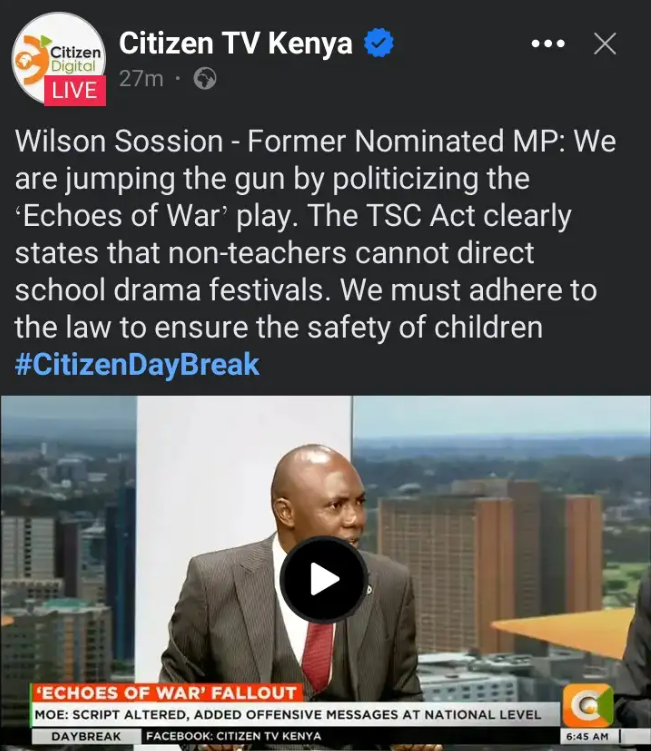
The backlash escalated when Felix Otieno pointed out an apparent contradiction: if the TSC rules prevent non-teachers from directing plays, why then was Beldine Odemba allowed to coach the school soccer team?
Madre, another critic, dismissed Sossion’s argument entirely, accusing the government of politicizing education. She argued that the government’s focus should not be on enforcing such regulations but on the more pressing issue of how students were treated, especially after the government sent law enforcement to tear gas children.
According to her, discussions about rules seemed like a distraction from more important matters.
Balanga also joined in, raising the question of why figures like Dennis Itumbi, who had previously coached school teams, weren’t scrutinized in the same way, adding to the sense of hypocrisy surrounding the issue.
Robert, however, responded with a more balanced view, lamenting that in Kenya, political and tribal affiliations often trump constitutional principles.
His comments about the country’s need to repair a society torn by these divisions resonated with many, with some seeing his perspective as a much-needed call for unity in a country where national debates often get derailed by shifting allegiances and political games.
The public debate surrounding Sossion’s comments has raised deeper concerns about how regulations are applied in Kenya, especially in schools.
Critics argue that the selective enforcement of rules is creating an environment where laws are manipulated to serve political ends.
This has led to questions about whether the education sector is becoming a battleground for political ideologies rather than a space for learning.
The controversy around the Butere Girls play is just one example of how the political and educational spheres are intertwined in Kenya.
Citizens are increasingly calling out the inconsistency in the application of laws and pointing to the government’s tendency to use regulations as a tool for political gain.
It serves as a reminder of the ongoing struggle in Kenya to separate education from politics, with many questioning if the country can ever achieve a fair and consistent approach to governance.






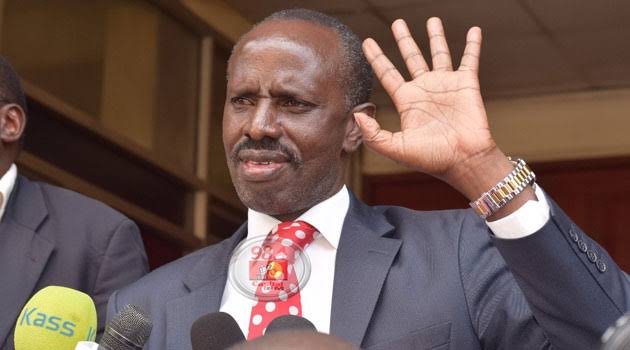
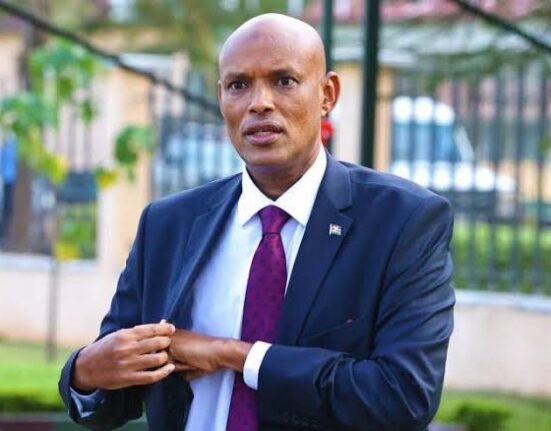

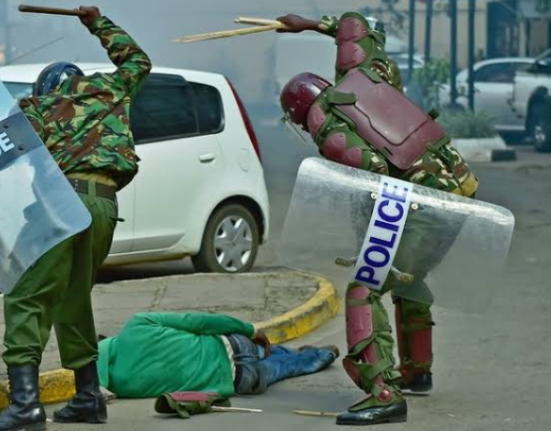
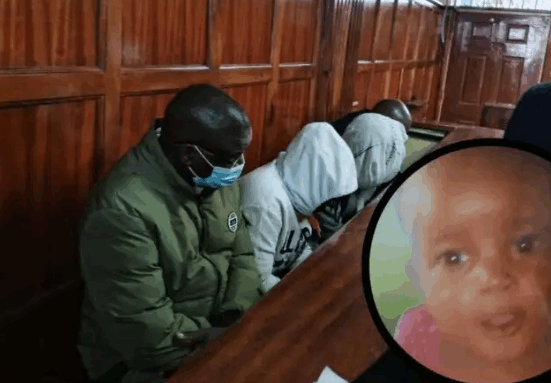


Leave feedback about this